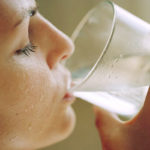Dried apricots are a popular delicacy among tourists visiting Dalat. Ripe fresh apricots are carefully selected to produce batches of delicious, chewy treats with an intense flavor.
1 How Many Calories Are in Dried Apricots? (100g)
Dried apricots are a favorite among many due to their long shelf life and ability to retain the distinctive taste of fresh apricots. On average, 100g of sweetened dried apricots contain approximately 195 to 205 calories.
For unsweetened dried apricots, the calorie count is lower, ranging from 110 to 130 calories.
 How many calories are in these tempting dried apricots?
How many calories are in these tempting dried apricots?
2 Do Dried Apricots Help with Weight Loss?
According to research conducted by the National Institute of Nutrition, an adult requires approximately 2000 calories per day for normal bodily functions.
Dried apricots are sweetened, resulting in a high-calorie content. This can lead to fat accumulation, particularly around the abdominal area.
Considering the calorie information provided above, consuming dried apricots is not recommended for weight loss. It is best to treat them as an occasional snack.
For effective weight management, it is advisable to increase your intake of green vegetables and fresh fruits, which contain less sugar and more nutrients than processed foods.
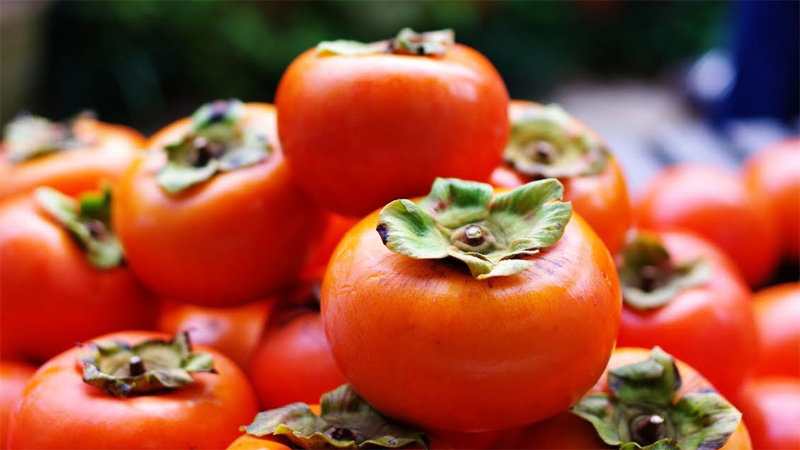 Fresh apricots are more nutritious and beneficial for your weight loss journey.
Fresh apricots are more nutritious and beneficial for your weight loss journey.
3 Are Dried Apricots Good for You?
Everything should be consumed in moderation, and dried apricots are no exception. Excessive consumption of dried apricots can lead to digestive issues due to their cold nature, which may not suit individuals with weak digestion.
Additionally, the outer surface of dried apricots can become a breeding ground for bacteria and accumulate dust during long-term storage, transportation, and handling. Therefore, it is advisable to limit your intake of this treat.
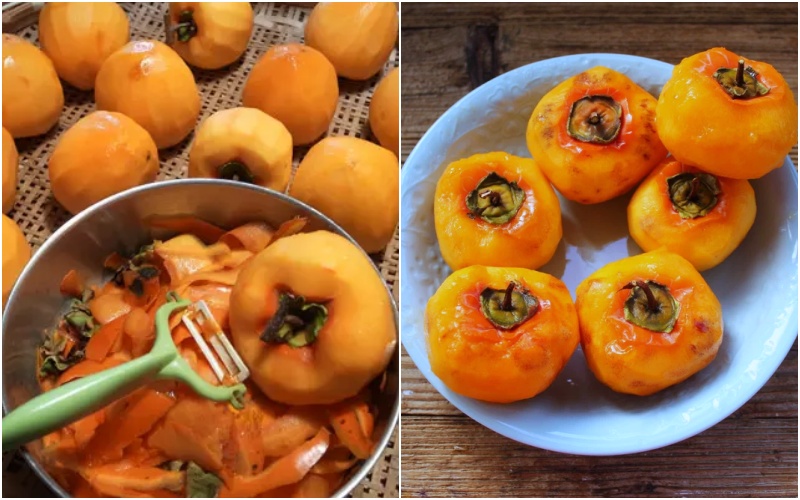 Apricots have a cold nature and may cause digestive issues if consumed in excess.
Apricots have a cold nature and may cause digestive issues if consumed in excess.
4 How to Make Dried Apricots for Weight Loss
Choose fully ripened apricots as they have a more balanced sweetness, and firm fruit will result in better-shaped dried apricots. Avoid overly soft apricots as they tend to get crushed easily. Opt for apricots with stems attached, as they will last longer.
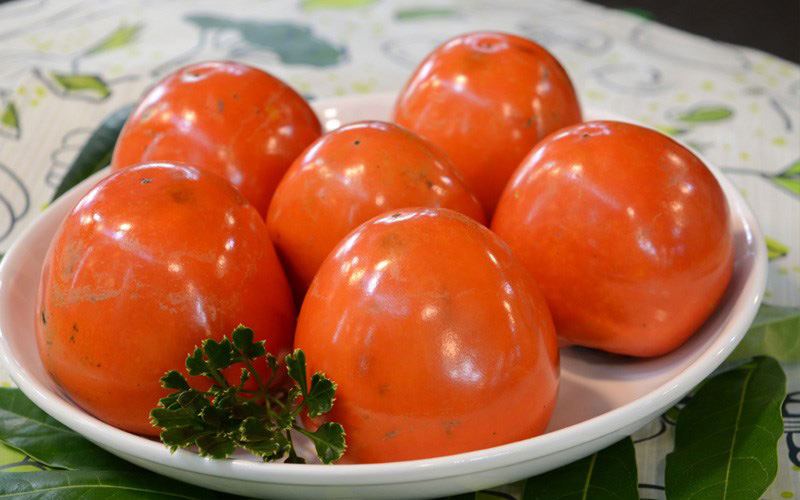 Choose apricots with taut, shiny skin for the best results.
Choose apricots with taut, shiny skin for the best results.
Gently peel the apricots, taking care not to apply too much pressure to avoid crushing them. While removing the outer skin, leave the stems intact for better preservation and a more appealing appearance.
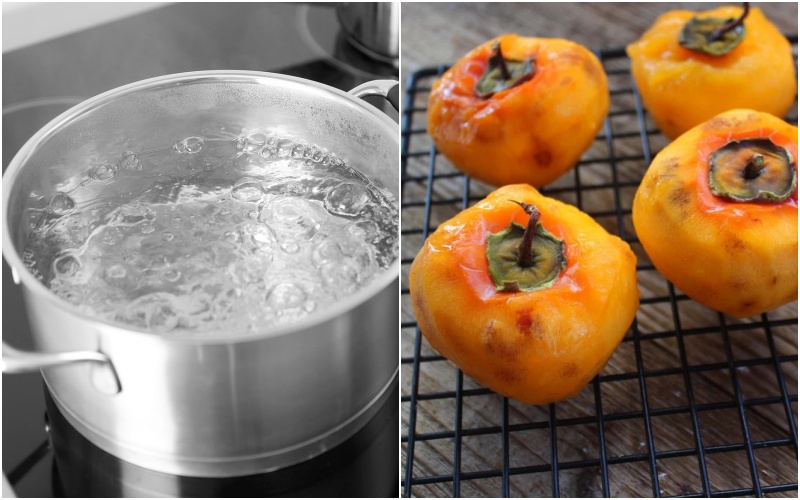 Peel the apricots while keeping the stems attached.
Peel the apricots while keeping the stems attached.
Prepare a pot of boiling water with 2-3 small cups of alcohol to disinfect the apricots by submerging them in the solution for 2-3 minutes. This step helps prevent bacterial growth during the drying process.
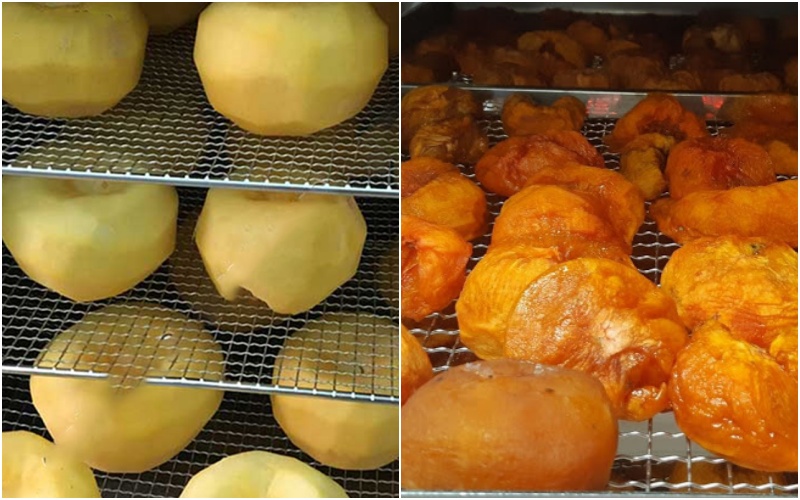 Disinfect the apricots in boiling water with alcohol.
Disinfect the apricots in boiling water with alcohol.
Arrange the apricots with the stems facing upward in a dehydrator set to 60-70°C for about 6 hours. Adjust the temperature and drying time according to your desired level of dryness.
Alternatively, you can sun-dry the apricots until they reach your desired color and texture. This process can take 7-10 days, depending on the intensity of sunlight. If sunlight is unavailable, you can also use charcoal to dry the apricots.
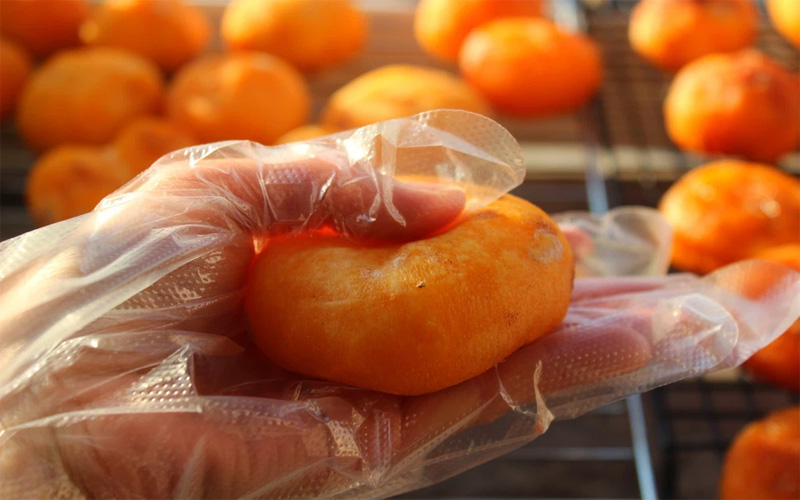 Dried apricots are ready for the next step.
Dried apricots are ready for the next step.
Once the apricots are partially dry and slightly shriveled, wear gloves and gently massage each apricot. This process helps release and distribute the natural sweetness throughout the fruit. Repeat this step every other day, handling the apricots with care to avoid mold.
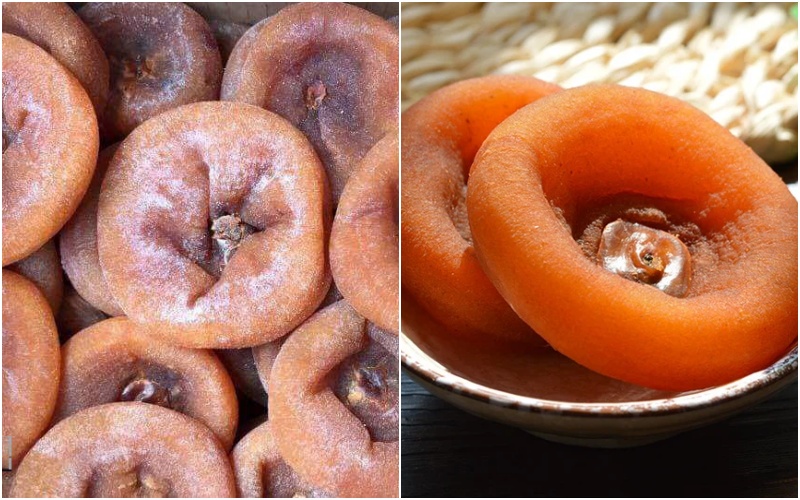 The final product: delicious dried apricots.
The final product: delicious dried apricots.
After approximately 10-15 days of sun-drying, the apricots will be considerably drier. Continue drying for 5-7 weeks until they harden and can no longer be massaged. At this point, you can harvest your dried apricots and store them in the refrigerator for later consumption.
As the apricots dry, they will turn a deep brown color. In cold weather, you may notice a white powder on the surface of the apricots. This is a natural occurrence due to sugar crystallization.
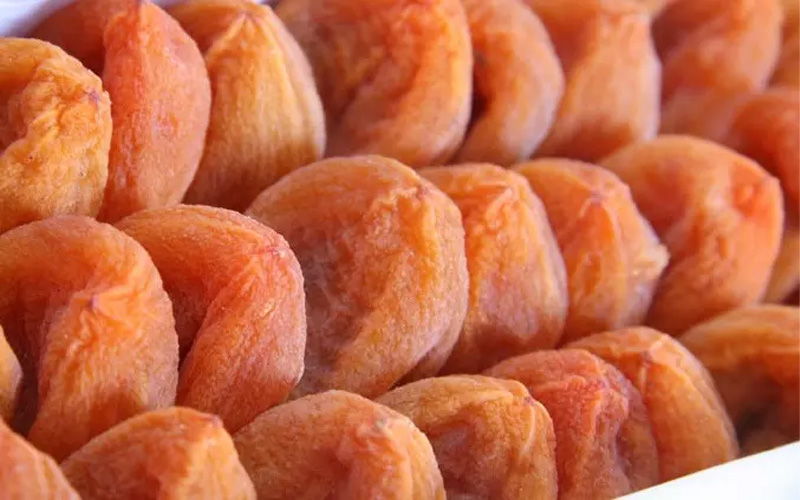 Important considerations when consuming dried apricots.
Important considerations when consuming dried apricots.
5 Precautions When Eating Dried Apricots
-
Avoid consuming dried apricots on an empty stomach.
-
Limit your intake to once a week to support your weight loss goals.
-
Do not eat dried apricots after meals rich in protein (meat, fish), as the tannins in apricots can react with proteins to form tannic acid, which may cause infection, intestinal bleeding, and even death.
-
Opt for dried apricots from reputable sources to ensure food safety and hygiene.
-
Children and the elderly should consume dried apricots in moderation due to their cold nature, which can lead to digestive issues.
-
Refrain from eating dried apricots in the evening to minimize digestive discomfort.
-
Store leftover dried apricots properly, protecting them from air and moisture.
 Dried apricots should be consumed in moderation due to their high sugar content.
Dried apricots should be consumed in moderation due to their high sugar content.
For further information:
We hope this article has answered your question about the calorie content of dried apricots. If you have any other queries related to dried apricots, feel free to reach out to us. Thank you for reading!
Source: National Institute of Nutrition



